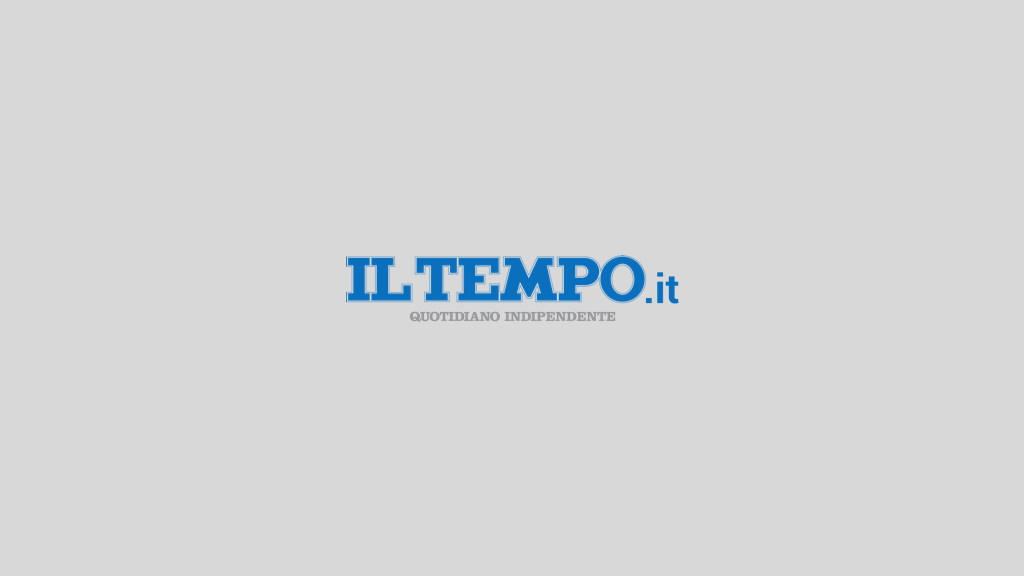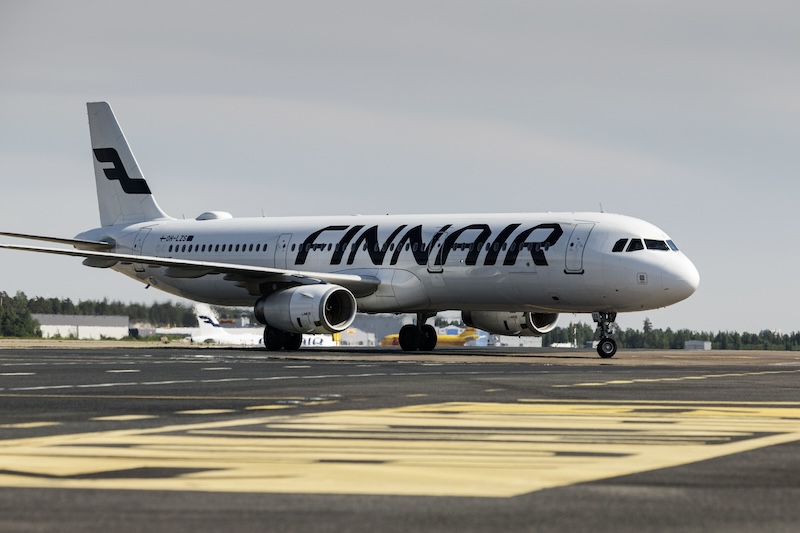Automakers Post Robust U.S. Sales Despite Import Duty Pressures

Shares in European automakers Volvo Cars and Stellantis surged on Thursday as stronger-than-expected U.S. sales figures alleviated investor concerns that tariffs might dampen demand. The positive performance came despite ongoing worries about higher import duties imposed by U.S. President Donald Trump as part of his administration's broader push to boost domestic manufacturing. Automakers across the industry have been implementing strategies to mitigate potential tariff impacts, including focusing on higher-margin vehicle segments.
Stellantis reported its first quarterly growth in the U.S. market this year, with new car sales rising 6% in the third quarter. The French-Italian-American automaker's shares climbed as much as 7% following the late Wednesday announcement. The company noted that all of its major brands—Jeep, Chrysler, Ram, and FIAT—experienced sales growth during the period, indicating broad-based strength across its product portfolio despite the challenging trade environment.
Volvo Cars similarly posted encouraging results, with shares rising 5% after the Swedish automaker reported a 3% increase in third-quarter U.S. sales. The company's sales composition revealed that non-electrified models continued to dominate its U.S. business, with nearly 70% of September volumes consisting of mild hybrids and other internal combustion engine vehicles. This sales mix highlights how traditional powertrains remain central to the company's American market strategy even as it expands its electric vehicle offerings.
The Swedish carmaker, majority-owned by China's Geely Holding, faces significant exposure to U.S. tariffs since most of its U.S.-bound vehicles are manufactured in Europe. Currently, Volvo produces only its electric EX90 SUV in the United States, but the company has announced plans to begin local production of its popular XC60 plug-in hybrid by the end of 2026. An additional hybrid model is scheduled for production at its South Carolina factory before 2030, representing a strategic shift toward localized manufacturing to reduce tariff vulnerability.




